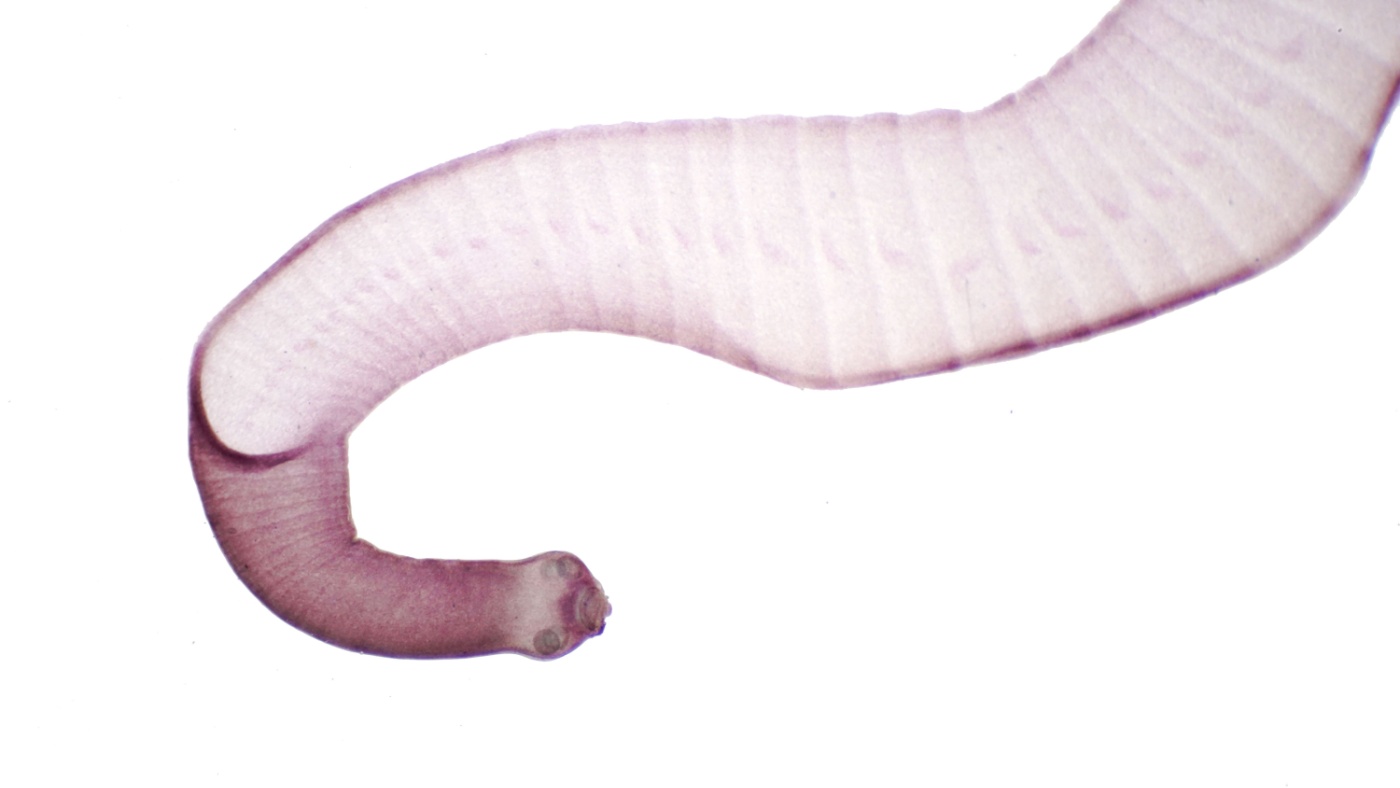Parasites will be close by when cattle are out on pasture. Good pasture management and a strategic deworming protocol can limit the chances of parasites affecting the efficiency and performance of your beef herd. Dr. D.L Step, a professional services veterinarian with Boehringer-Ingelheim, talks about protocols that will help control parasite problems during grazing season.
“There’s management involved, which involves managing the available pasture resource, making sure that there’s good growth in the pasture. It’s not grazed down so low that that ends up not providing adequate nutrition for the animals. As those pastures come back when there’s some rainfall, we get some noxious plants or weeds that come up and even some of those are toxic. We have to be aware of that, specifically referring to internal parasites, the larvae that are infective, they will generally migrate up to a blade of grass approximately two to four inches. Therefore, if we can maintain a little higher growth, that is very helpful. Consider rotating of pastures and then also using a broad spectrum dewormer.”
Step talks about the best administration practices when using a pour-on dewormer.
“It’s always good to be familiar with the product and the medical applicator device. One of the things that will help a lot is make sure you’re understanding and comfortable and familiar with the product label. It will have a lot of key information on that relating to how the product should be applied. Also make sure that the animals are properly restrained so that you can apply the product correctly, like in a chute facility or an alleyway.”
It’s important to work with your veterinarian to customize a de-worming program with a combination treatment for your herd. Different classes of medication will mean different mechanisms of action.
Step talks about the importance of Refugia in your herd.
“Practice Refugia. Refugia is you leave a percentage of those animals untreated. It’s very hard concept to understand, but what the goal of Refugia is to try to dilute out in the environment, the potential resistant parasite, if there are any.”
Another recommendation is diagnostic testing.
“Some diagnostics can be very helpful, not only to find out some of the egg counts, but also having a coproculture, which is having a lab that’s qualified culture the eggs from the manure, the stool sample, and then have those hatch out and identify from the larvae that hatch the specific species you’re dealing with. That will help be able to customize that deworming program.”
He says no matter which protocol you choose, remember to always read and follow label directions.


